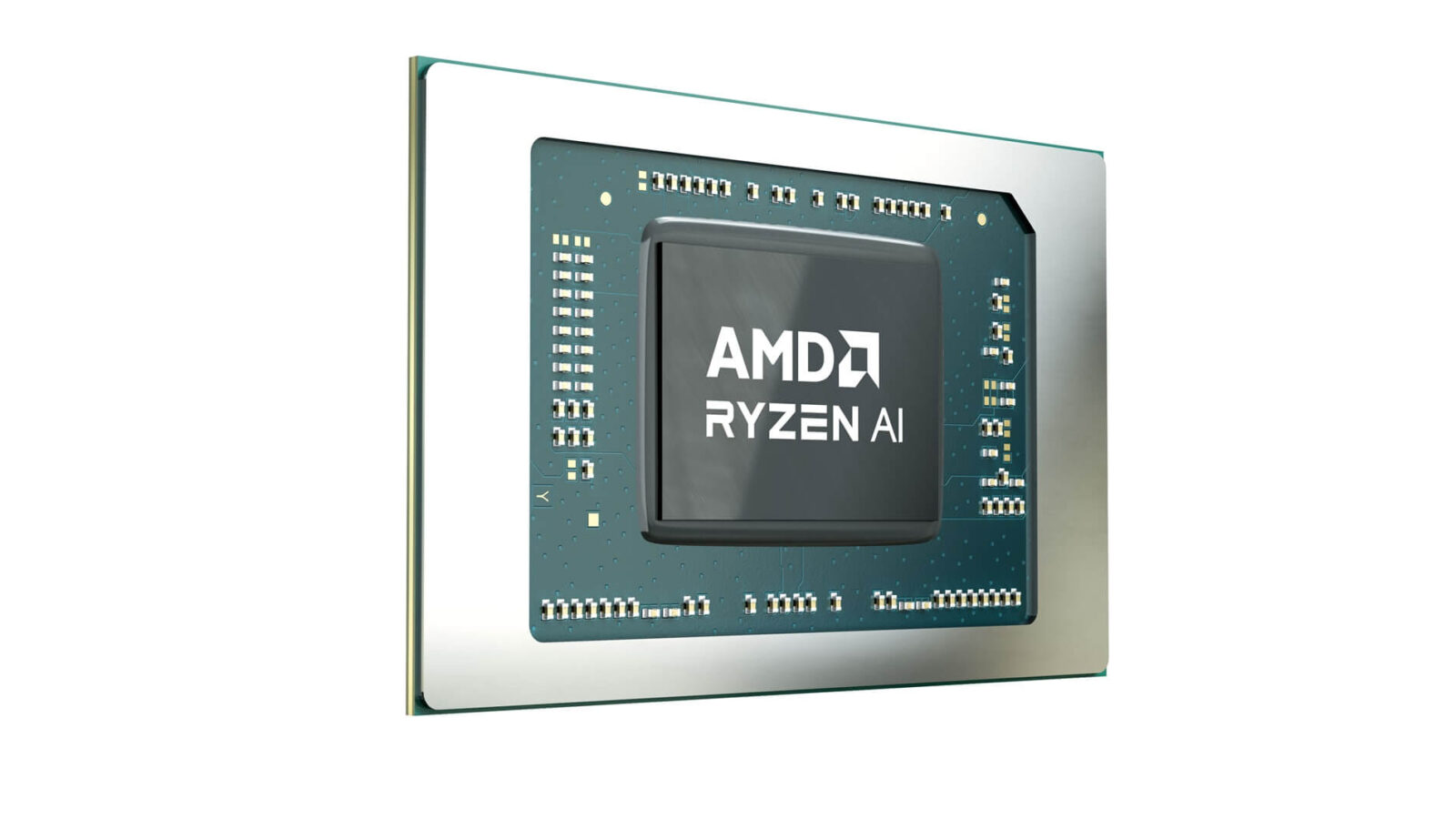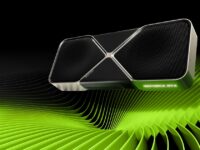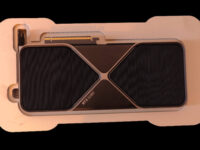
With Meteor Lake failing to offer any substantial performance or efficiency gains, the Core Ultra CPUs are marketed as the first AI processors featuring dedicated NPUs. Unfortunately for Intel, AMD’s Ryzen 7040 lineup has offered the same features for much longer. In a new campaign, Team Red explains why the Ryzen AI laptops are better than their Core Ultra counterparts in every way. The comparison includes AI performance, pricing, and power efficiency.

The contestants include the Core Ultra 7 155H (28W) and the Ryzen 7 7840U (15W) which were tested in LM Studio using LLAMA 2 and Mistral. The Ryzen processor beats its Core Ultra rival by 79% in LLAMA v2 Chat, while offering 41% higher performance in Mistral Instruct 7B (time to first token).

The Ryzen 7 7840U has a throughput advantage of up to 17% and 14% over the Core Ultra 7 in Mistral and LLAMA v2, respectively. This lead is recorded with nearly half the TDP of the Meteor Lake SKU.

With different quantization methods, the TTFT performance of the Ryzen CPU is 30-50% higher than the Core Ultra 7 155H.

Effective performance (tokens per second) sees a smaller deficit in the capabilities of the two processors. The Ryzen 7 7840U is up to 19% faster than the Core Ultra 7 155H, with similar performance at higher quantization models (equal at Q8).

Mistral 7B isn’t much different. The TTFT is 16-30% faster on the Ryzen 7040 processor, with smaller deficits in quantization performance.

Similar to LLMA 2, Mistral 7B is notably faster on the 7840U at lower quantization models (Q6 to Q2), while offering similar performance on the Core Ultra 7 at Q8.

The takeaway from these benchmarks is that AMD has been offering NPU-accelerated AI performance much ahead of Intel, it does so with markedly higher power efficiency. The Ryzen 8040 lineup (even though a refresh) should further expand the AI lead over Intel’s Core Ultra offering.





